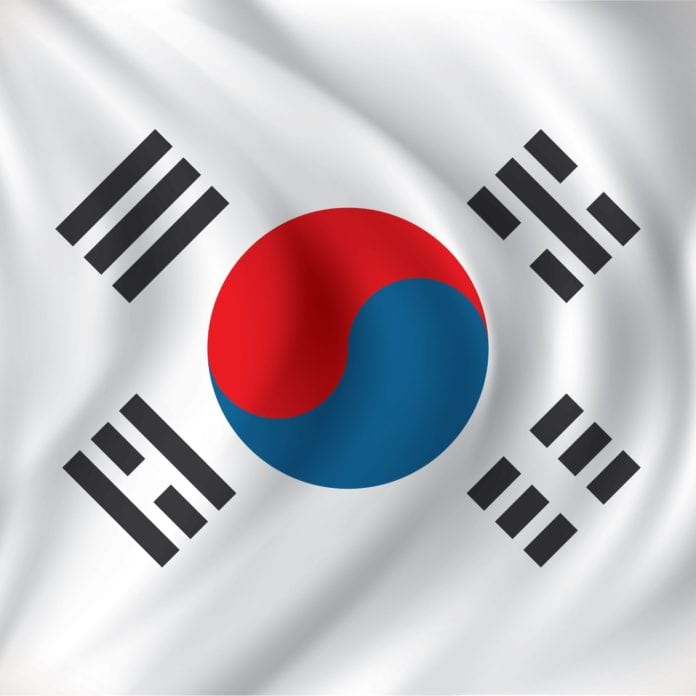The three Korean telcos previously agreed to launch 5G services in March 2019
South Korea’s three major mobile operators – SK Telecom, KT and LG Uplus – are expected to announce their 5G network equipment suppliers during September, Korea Times reported.
The three telcos are in the last phase of testing 5G network equipment from a variety of vendors including Samsung, Nokia, Ericsson and Huawei.
According to the report, LG Uplus is likely to select Chinese vendor Huawei to supply 5G equipment. An LG Uplus representative said its COO told reporters at June’s Mobile World Congress Shanghai it would work with Huawei in building 5G infrastructure.
When building infrastructure for 4G LTE networks, SK Telecom and KT used equipment from Samsung, Ericsson and Nokia while LG Uplus used equipment from four suppliers including those three suppliers and Huawei.
In June, South Korea completed a tender process through which it awarded spectrum in both the 3.5 GHz and 28 GHz bands. The government made available a total of 280 megahertz in the 3.5 GHz spectrum band and 2,400 megahertz in the 28 GHz band. The spectrum was divided into 28 blocks and 24 blocks.
Participant operators SK Telecom, KT, and LG Uplus had a 10-block cap per spectrum band. The telcos paid a total of 3.6183 trillion won ($3.3 billion) for the spectrum, 340 billion won higher than the starting price of 3.3 trillion won.
South Korea’s Ministry of Science and ICT confirmed that operators can start using the 5G frequencies in December, with the 3.5 GHz band licenses covering a ten-year period and the 28 GHz band licenses a five-year term.
The three carriers have been carrying out several trials of 5G to pave the way for commercial launch scheduled for March 2019.
In June, executives from the three carriers announced their decision to launch commercial 5G services at the same time to avoid unnecessary competition.
In April this year, the three mobile operators announced plans to share the costs for the deployment of a nationwide 5G network in the Asian nation. The initiative reportedly will be carried out by SK Telecom, KT, LG Uplus as well as broadband operator SK Broadband. This shared infrastructure projects had the main aim of avoiding redundant investment in 5G deployments, according to government officials. The initiative is expected to generate savings of nearly 1 trillion won over the next ten next years.

